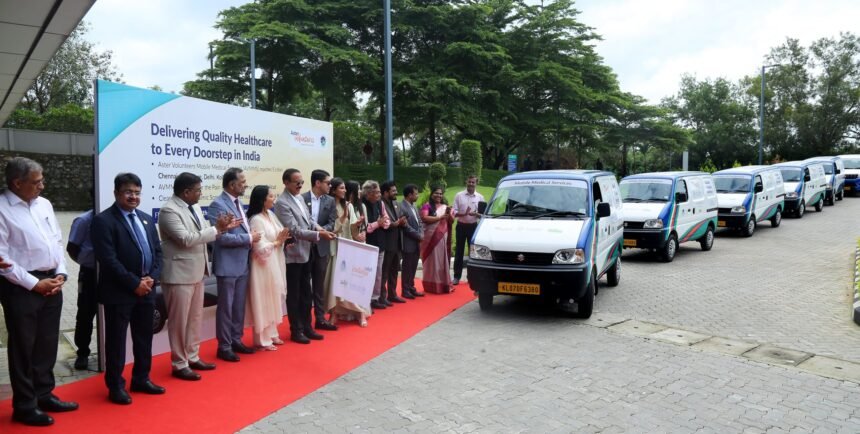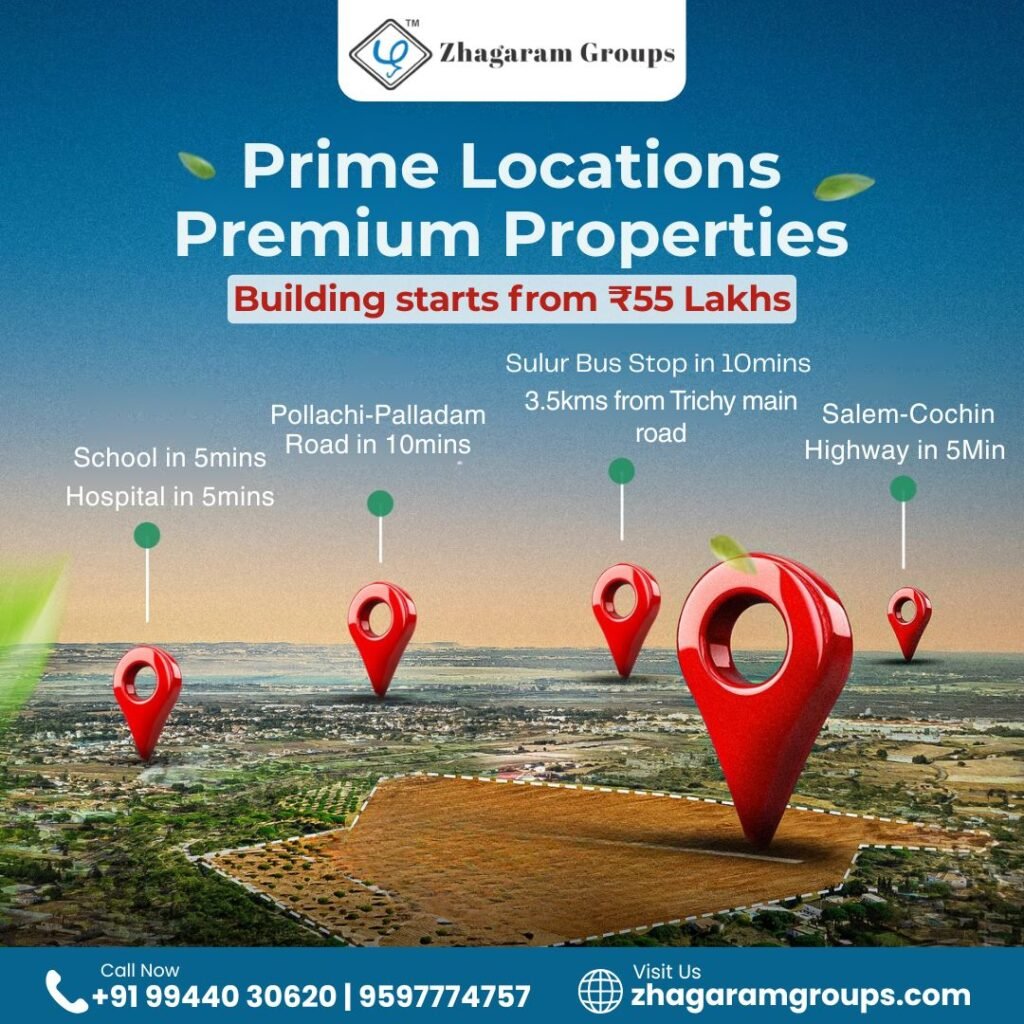Mobile Medical Vans Launched in Coimbatore to Boost Rural Healthcare
Access to quality healthcare remains one of the biggest challenges in India’s remote and semi-urban regions. While metropolitan cities enjoy advanced hospitals and clinics, rural communities often struggle with distance, affordability, and lack of awareness. To address this gap, Kotak Life, in collaboration with the Wockhardt Foundation, has introduced two new mobile medical vans in Coimbatore.
These vans are designed to bring healthcare directly to the people who need it most, offering regular health check-ups, consultations, and basic treatments without requiring travel to a hospital. The initiative highlights the growing importance of mobile healthcare models in a fast-changing India.
Why Mobile Medical Vans?
Mobile medical vans are not a new idea, but their impact has grown in recent years. They act as mini-clinics on wheels, equipped with:
- Qualified doctors and nurses.
- Basic diagnostic tools like BP monitors, sugar testing kits, and thermometers.
- Essential medicines for common ailments.
- First-aid facilities for emergencies.
For communities in Coimbatore’s semi-urban neighborhoods and remote villages, such vans can mean timely treatment that prevents a small health issue from becoming a serious condition.
Areas Covered in Coimbatore
Though the vans will eventually reach multiple locations, the first phase of the program focuses on:
- Semi-urban zones where healthcare facilities are limited.
- Villages outside the city’s main limits, where public transport and access to hospitals are difficult.
- Low-income neighborhoods, where residents often delay check-ups due to cost.
By targeting these pockets, Kotak Life and the Wockhardt Foundation aim to bridge the gap between healthcare supply and demand.
Services Provided
The vans will provide a range of free or low-cost services, such as:
- General health check-ups.
- Blood sugar and blood pressure monitoring.
- Distribution of medicines for fever, cough, diabetes, and hypertension.
- Referrals to nearby hospitals for cases requiring advanced care.
- Health awareness and preventive care advice.
The initiative also focuses on educating families about hygiene, nutrition, and the importance of regular health screenings.
The Bigger Picture: Public–Private Partnerships
This initiative is a strong example of how corporates and NGOs can come together to create meaningful impact. Kotak Life, one of India’s leading life insurance providers, brings the financial support, while Wockhardt Foundation contributes its healthcare expertise and operational experience.
Such partnerships are essential because:
- Government hospitals are often overburdened.
- Rural Primary Health Centres (PHCs) struggle with staff shortages.
- Nonprofits alone may lack long-term funding.
When private organizations step in, they provide resources and innovation, complementing the efforts of public healthcare systems.
Voices From the Ground
Residents from Coimbatore’s outskirts have already expressed relief at the arrival of these vans. A farmer from Irugur said, “Earlier, for even a small fever, we had to travel almost 10 kilometers to reach a hospital. Now, the van visits our area, and doctors check us right at our doorstep.”
Local leaders also see this as a confidence-building step, especially in the aftermath of the COVID-19 pandemic, which exposed the gaps in rural health infrastructure.
Health and Development Connection
Healthcare is not just about curing illnesses; it is directly linked to economic productivity and social development. When people in rural areas receive timely medical care:
- They avoid long absences from work.
- Children miss fewer school days due to untreated illnesses.
- Families save money that would otherwise be spent on travel and expensive late-stage treatments.
For Coimbatore, a district known for both industrial growth and rural diversity, initiatives like these strengthen the overall ecosystem.
Future Plans and Sustainability
Kotak Life and Wockhardt Foundation have indicated that these two vans are just the beginning. The long-term vision includes:
- Expanding the fleet to cover more districts in Tamil Nadu.
- Introducing digital health records for patients.
- Partnering with local hospitals for telemedicine consultations.
- Conducting special camps for eye care, maternal health, and chronic diseases.
If successful, the model could be replicated in other cities across India, creating a scalable healthcare delivery system for underserved communities.
How the Public Can Support
Residents can support this initiative by:
- Spreading awareness about the service in their neighborhoods
- Encouraging vulnerable groups, especially senior citizens, to use the vans.
- Volunteering during health camps organized by the vans.
- Partnering with local NGOs to identify critical health needs in their areas.
The more people participate, the stronger the impact will be.
Conclusion
The launch of two mobile medical vans in Coimbatore marks an important step toward inclusive healthcare. By reaching remote and semi-urban communities, this project ensures that no one is left behind when it comes to access to basic medical services.




